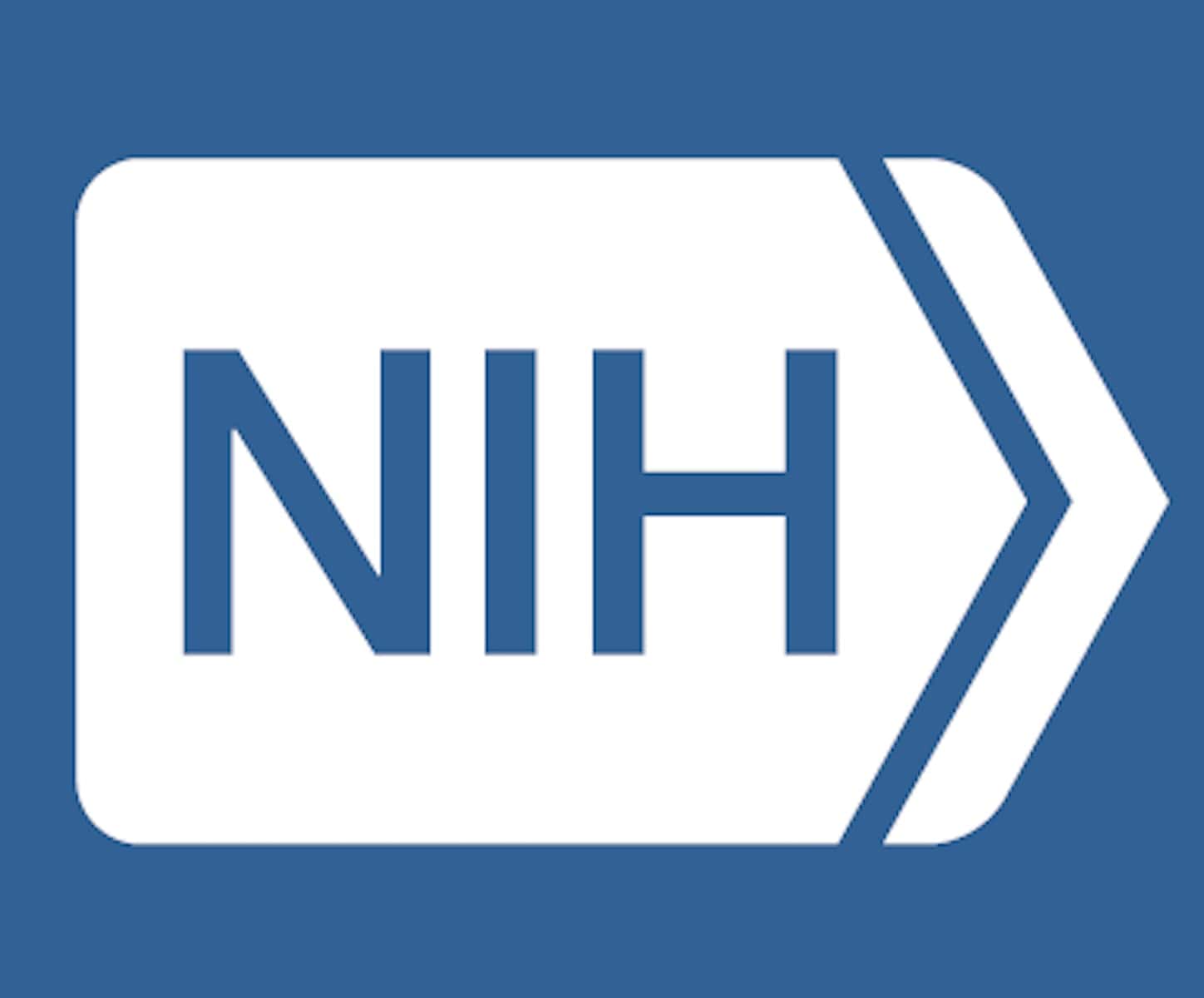
Researcher
Marina Nikanorova
Academic Qualifications
Associate Professor and Chief Physician in Neurology, Marina Nikanorova, works in the Department of Pediatric Neurology. Marina Nikanorova graduated as a medical doctor from the Russian State Medical University, Moscow, and has been employed at Filadelfia since 2002.
- Published more than 100 scientific articles
- Authored 7 books, including “Orphan Drugs in Epilepsy”
- Member of the editorial board of the scientific journal Epileptic Disorders from 2001 to 2005
Marina Nikanorova’s Research
Marina Nikanorova’s research investigates a new medication called NBI-827104 and its potential effects on children with a rare form of epileptic condition known as EECSWS (epileptic encephalopathy with continuous spike and wave during sleep).
EECSWS is a type of epilepsy that affects children. It has common features such as seizures, epileptic activity during sleep, loss of cognitive skills, and a tendency to begin in childhood and improve before puberty. The most characteristic feature is that children’s brain activity during sleep shows continuous electrical bursts that can disrupt sleep and affect their ability to learn, remember, and speak. Currently, there are not many effective treatments. Marina Nikanorova is testing the new medication, NBI-827104, to see if it can help children with EECSWS.
The research involves a phase 2 trial, where children either receive the medication or a placebo, and neither patients nor doctors know which group they are in (double-blind). The purpose of the trial is to determine if NBI-827104 can reduce the abnormal brain activity that occurs during sleep in children with EECSWS. Marina Nikanorova evaluates whether the medication is safe and tolerable for the children. Additionally, the study examines if the medication can improve the children’s sleep, cognitive skills, and measures how much of the medication is present in the children’s blood (pharmacokinetics).
The researcher hopes to find a correlation between the amount of medication in the blood and its effect on the abnormal brain activity during sleep. This is important research as it could help children with EECSWS and their families by offering a treatment that can improve their quality of life.
Research Areas
- Epilepsy Genetics
- Pediatric Epileptic Encephalopathies
- Drug Resistance




